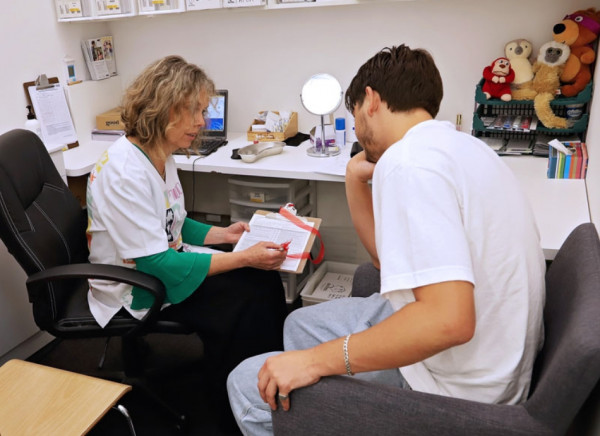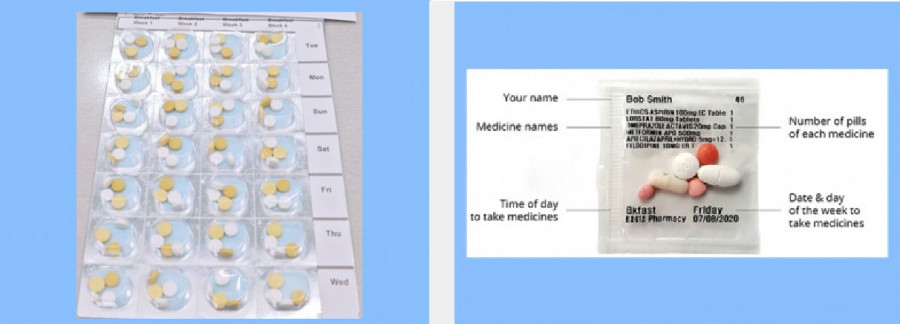Pharmacists are qualified healthcare providers with the clinical know-how to give you the help you need. They can assess your minor illness and recommend the right treatment, whether it’s over-the-counter medicines, a few days rest or a bit of reassurance.
| Examples of minor health concerns | |
|
|
Most pharmacies can help you with the following:
- Emergency contraceptive pill (the morning after pill Postinor).
- Oral contraceptive pill (under certain circumstances).
- Nicotine replacement therapy for smoking cessation.
- Treatment for urinary tract infection.
- Weight management.
- Erection problems.
- Health checks to measure your blood pressure and blood glucose.
- Safe disposal of syringe needles.
Some pharmacies may also be able to help you with:
- INR monitoring if you are taking warfarin.
- Medicine reviews.
- Sleep apnoea testing and treatment.
- Needle exchange.










